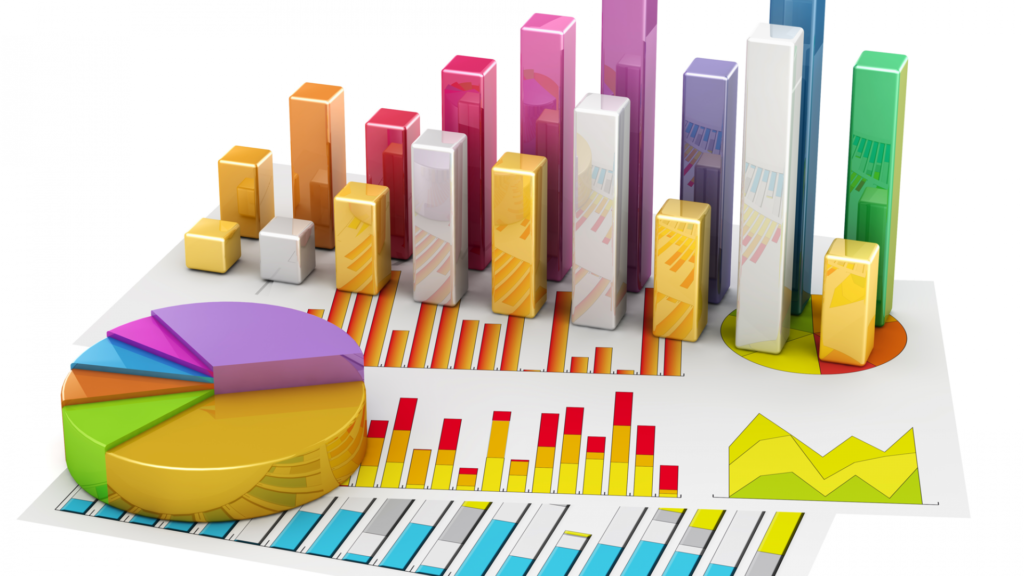If you are a high school student who is interested in math, you may be wondering which course to take: Calculus or Statistics.
Both subjects have their own benefits and drawbacks, depending on your goals, interests, and abilities.
In this blog post, I will compare and contrast Calculus and Statistics, and help you decide which one is best for you.
What is Calculus?
Calculus is a branch of mathematics that studies the properties and behavior of functions, rates of change, limits, and infinite series.
Calculus is divided into two main parts: differential calculus and integral calculus.
Differential calculus deals with finding the slope, or derivative, of a function at any point.
Integral calculus deals with finding the area, or integral, under a curve of a function.
Calculus is often used to model physical phenomena, such as motion, gravity, electricity, and heat.
What is Statistics?
Statistics is a branch of mathematics that deals with collecting, organizing, analyzing, and interpreting data.
Statistics uses methods such as descriptive statistics, inferential statistics, probability, and hypothesis testing to draw conclusions and make predictions based on data.
Statistics is often used to study phenomena in various fields, such as science, social science, medicine, and business.


Pros and Cons of Calculus
Here are some of the pros and cons of taking Calculus in high school:
Pros
- Calculus helps you develop logical thinking and problem-solving skills.
Calculus involves using deductive reasoning, analytical reasoning, and spatial reasoning to solve problems and prove statements.
These skills are essential for many academic and professional fields, such as science, engineering, computer science, and architecture. - Calculus helps you understand the world around you.
Calculus is everywhere in nature, art, architecture, and technology.
For example, when you look at a flower, you can see that it has a symmetrical shape and a pattern of petals that follow the Fibonacci sequence.
When you look at a building, you can see that it has a structure and a design that are based on geometric principles.
When you look at a map, you can see that it uses coordinates and angles to represent locations and directions.
Calculus helps you appreciate the beauty and order of the natural and man-made world. - Calculus helps you learn other subjects.
Calculus is closely related to many other branches of mathematics, such as algebra, trigonometry, calculus, and statistics.
For example, when you learn how to graph a linear equation, you use calculus to plot points and draw lines.
When you learn how to find the sine of an angle, you use calculus to relate the angle to the sides of a right triangle.
When you learn how to calculate the volume of a sphere, you use calculus to relate the sphere to a circle and a cylinder.
Calculus provides a foundation and a connection for many mathematical concepts and techniques.
Cons
- Calculus can be confusing and abstract.
Calculus requires you to think abstractly about problems and apply multiple skills acquired throughout the course.
Calculus also involves dealing with concepts that are not intuitive, such as infinity, infinitesimals, and imaginary numbers.
Calculus can be challenging and frustrating for some students who may struggle with the level of abstraction and complexity. - Calculus may not be relevant or useful for some students.
Calculus is more useful for students pursuing majors or careers in science or engineering.
For students who are interested in other fields, such as humanities, arts, or social sciences, calculus may not be directly applicable or beneficial.
Calculus may also not be required or preferred by some colleges or universities for admission or placement.

Pros and Cons of Statistics
Here are some of the pros and cons of taking Statistics in high school:
Pros
- Statistics helps you develop critical thinking and decision-making skills.
Statistics involves using inductive reasoning, numerical reasoning, and graphical reasoning to analyze data and make predictions based on data.
These skills are essential for being an informed, prepared, and responsible citizen in a data-driven world.
Statistics helps you evaluate the validity and reliability of information, and make sound judgments and choices based on evidence. - Statistics helps you understand the world around you in a different way from claculus.
Statistics is everywhere in society, media, politics, and economy.
For example, when you read a news article, you can see that it uses statistics to report facts and figures, such as percentages, averages, and margins of error.
When you watch a political debate, you can see that it uses statistics to support arguments and claims, such as polls, surveys, and studies.
When you shop online, you can see that it uses statistics to recommend products and services, such as ratings, reviews, and algorithms.
Statistics helps you comprehend and communicate the meaning and significance of data. - Statistics helps you learn other subjects.
Statistics is applicable and useful for almost every major and career.
For example, if you are interested in biology, you can use statistics to conduct experiments and test hypotheses.
If you are interested in psychology, you can use statistics to measure and compare human behavior and cognition.
If you are interested in business, you can use statistics to optimize and improve performance and profitability.
Statistics provides a tool and a skill for many academic and professional endeavors.
Cons
- Statistics can be tedious and boring at some levels.
Statistics involves collecting, organizing, and manipulating large amounts of data.
Statistics also involves performing calculations and operations that can be repetitive and monotonous.
Statistics can be tedious and boring for some students who may lose interest and motivation in the subject. - Statistics can be misleading and deceptive.
Statistics can be easily cherry-picked and misused to exaggerate or manipulate the truth.
Statistics can also be influenced by factors such as bias, error, and uncertainty. Statistics can be misleading and deceptive for some students who may not have the knowledge or the ability to critically evaluate and interpret data.
Conclusion
Calculus and Statistics are both valuable and interesting subjects that have their own advantages and disadvantages.
The choice between Calculus and Statistics depends on your personal preferences, goals, and abilities. Here are some questions to help you decide which one to take:
- What are your interests and passions? Do you enjoy abstract and theoretical problems, or concrete and practical problems?
- What are your goals and plans? Do you want to pursue a major or a career in science or engineering, or in another field?
- What are your abilities and strengths? Do you have a strong background and aptitude in algebra and trigonometry, or in data analysis and interpretation?
There is no right or wrong answer to these questions.
You should choose the subject that suits you best and that you find most enjoyable and rewarding.
You can also take both subjects if you have the opportunity and the desire to do so.
Whatever you choose, you will learn valuable and useful skills and knowledge that will help you succeed in your future endeavors.
